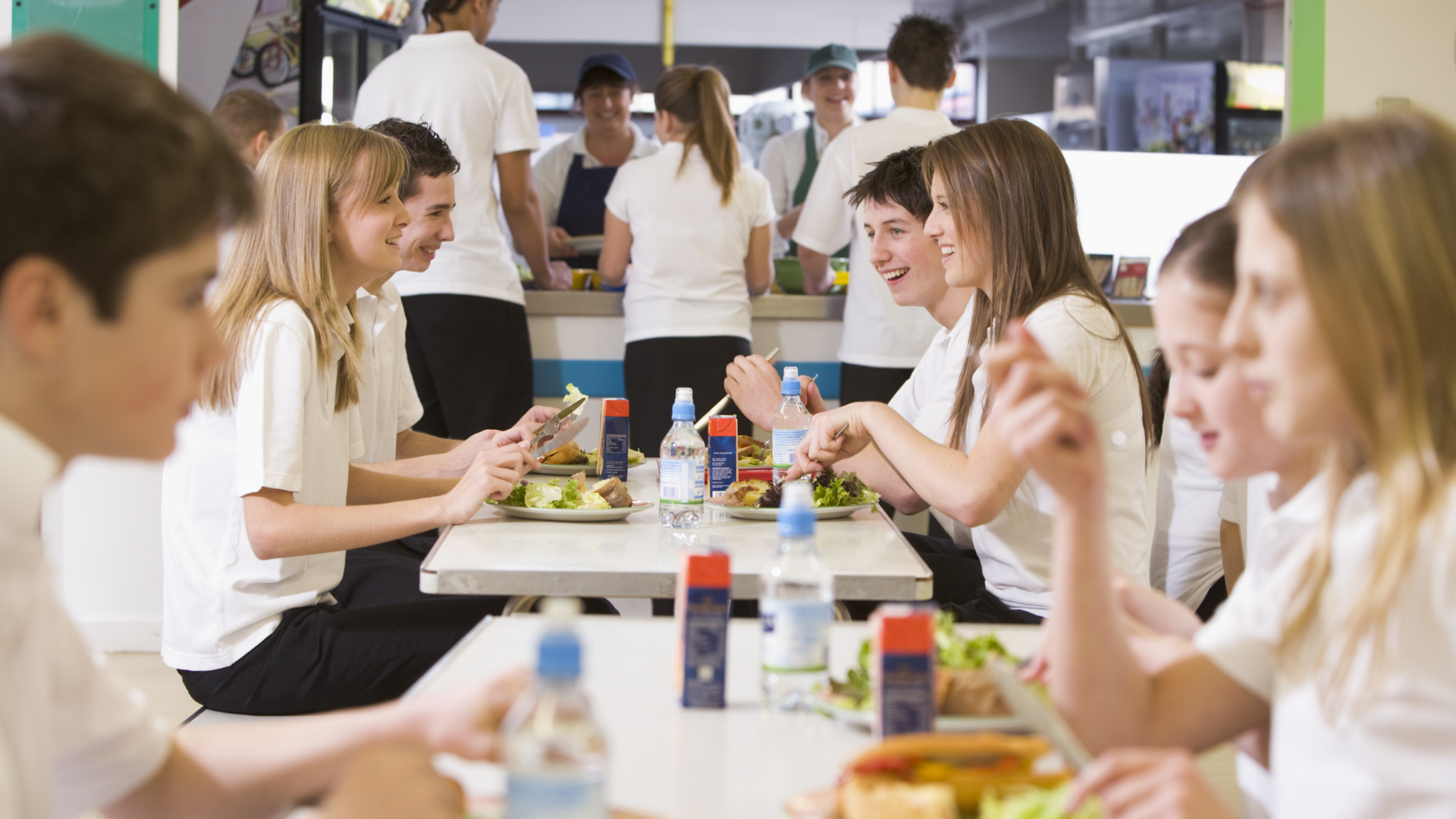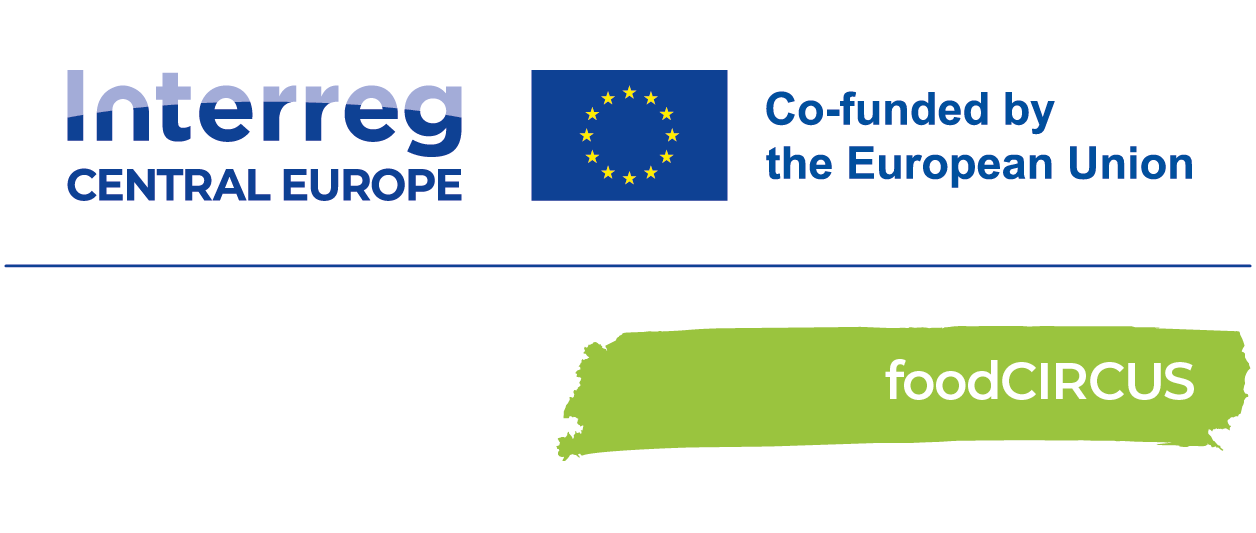Project overview
Circular solutions for keeping food waste out of Central Europe's schools
Food waste has negative social, environmental, and economical impacts. It is estimated that about 20% of all food produced is wasted in the EU every year - and school canteens even throw away up to 70% of their prepared meals. The foodCIRCUS project works with schools to minimize this food waste. It promotes food waste prevention, and explores innovative circular methods like repurposing waste for insect feeding or generating lactic acid for bioplastics. Their approaches have the potential to revolutionise waste management in schools to make them more sustainable.
-
1,93m €
-
Project Budget
-
80%
-
of the Budget is funded by ERDF
-
5
-
Countries
-
7
-
Regions
-
10
-
Partners
-
9
-
Pilots
Duration
Start date
End date
Project progress
Project partnership
Project partners

Lead partner
University of Natural Resources and Life Sciences, Vienna
Department of Water, Atmosphere and Environment; Institute of Waste Management and Circularity
Project partner
Department of Applied Bioeconomy
Centre for Energy and Environmental Technologies/IET Centre/ENET Centre
Faculty of International Relations Department of International Business
registered association
Department of Environmental Protection Engineering
Sustainable Development Department Funds Management Division
Institute of Food Chain Science Department of Applied Food Science
Dipartimento di Scienze e Tecnologie Agro-Alimentari
Roadmap
Environmental Challenges

Lack of social awareness and insufficient strategies for reducing and managing food waste in schools and local communities in Central Europe. Food waste contributes significantly to environmental problems because it leads to the unnecessary use of natural resources like water, energy and land for food that is ultimately thrown away. Additionally, when food waste ends up in landfills greenhouse gases are emitted that accelerate climate change. Reducing food waste in schools can therefore help lower the ecological footprint of the entire food system.
Identified Problem
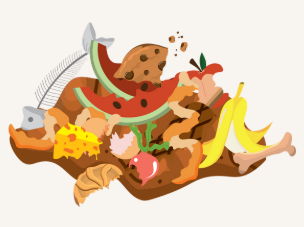
Schools and food service businesses generate significant amounts of food waste that often ends up in landfills instead of being efficiently processed or reused. There is a lack on awareness concerning the amounts of food waste generated in schools. Effective strategies for reducing and managing food waste in schools are lacking in many parts of Central Europe.
Our Response

Develop comprehensive technological and educational solutions to reduce food waste and transform it into valuable products such as insect feed, lactic acid, biogas, hydrochar, and torrefied pellets. Our goal is to find well-functioning solutions to prevent food waste and to manage unavoidable waste as efficiently as possible by transforming it into valuable products such as insect feed, lactic acid, biogas, hydrochar, and torrefied pellets.
Key Activities
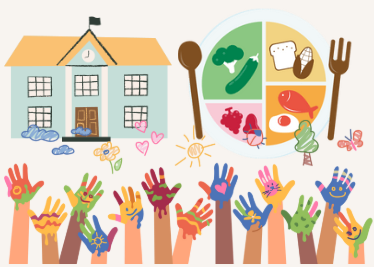
- Conduct detailed quantitative and qualitative research on food waste generated by schools and catering businesses. - Develop insect breeding using food waste as a sustainable feed source. - Implement pilot installations for the production of torrefied pellets and hydrochar from food waste, providing local sustainable energy solutions. - Generate biogas from school food waste through anaerobic digestion. - Produce lactic acid from processed food waste as an innovative example of bio-waste utilization. - Conduct detailed quantitative and qualitative research on food waste generated by educational institutions - Develop and evaluate pilot actions on food waste prevention (e.g. optimization, awareness raising and donation) - Develop and evaluate pilot actions on food waste management (e.g. insect feeding, production of lactic acid, biogas) - International workshops, conferences and school food – Awards All leading to: a strategy for food waste prevention and management of school meals to be implemented by decision makers!
Implementation Steps
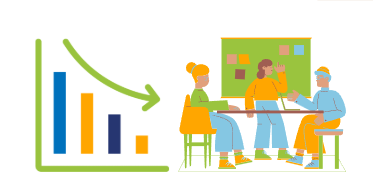
- Collect basis data on food waste in educational institutions - Set up and manage demonstration units in selected schools - Organize educational workshops and awareness campaigns for educational institutions - Monitor the implemented solutions and conduct environmental and economic assessments
Project Benefits
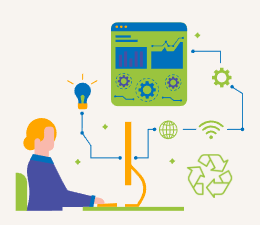
- Reduction of food waste quantities and associated CO₂ emissions. - Improved environmental awareness among local communities. - Implementation of innovative recycling and reuse technologies for food waste, creating new energy sources and useful products.
Vision for the Future
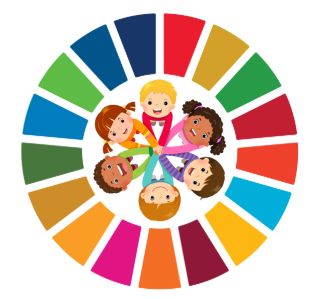
Local communities and schools become leaders in efficient food waste management, leveraging modern technologies to achieve circular economy and sustainable development goals. By embracing modern approaches both on food waste prevention and management, local communities and schools become pioneers in reducing food waste, driving forward the circular economy and helping to achieve global sustainability goals.
Join Us!

Become part of foodCIRCUS – together, let's create a future without food waste by fully leveraging the potential of the circular economy! Join foodCIRCUS – together, let's shape a future where food is valued and waste is minimized by unlocking the full potential of the circular approaches!
Events
No events found
foodCIRCUS
The project lead partner is responsible for the content of this project website.
